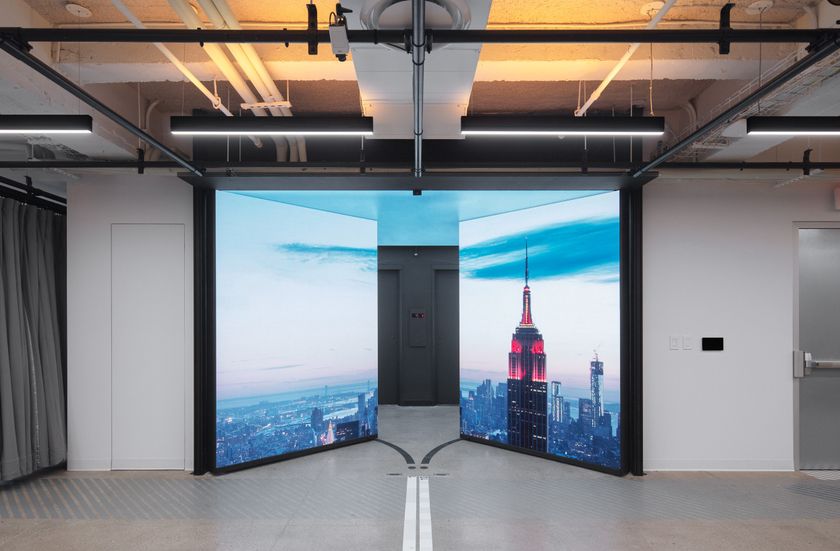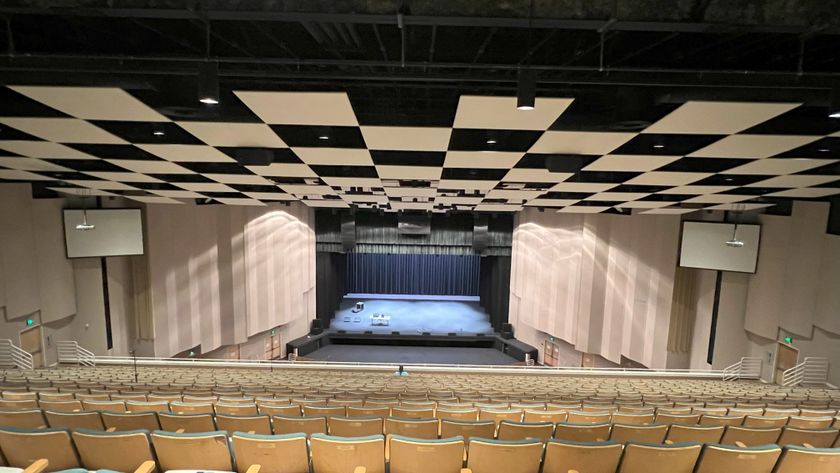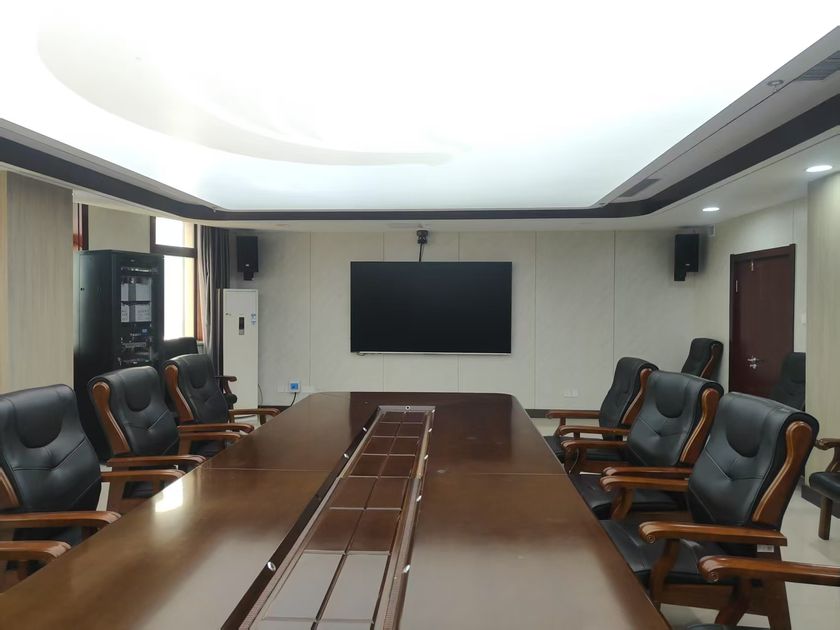- Everyone has their talents. Usually they become apparent through education or exposure to the everyday career opportunities that exist in modern society. But imagine if you were born a few centuries too late and your natural talent was for a task that really wasn't required anymore. You might never discover this truly unique ability, and hence your life would always feel empty.
- It may be easier to avoid this bleak scenario in this, the age of information. With so many media outlets hungry to show the world something new, the relics of the past are bound to get some coverage. Case in point, the glass armonica.
- Looking like a hybrid of a spinning wheel from the pioneer days and a really big wine glass stem, the glass armonica was created by Benjamin Franklin in 1761. This musical instrument (the name of which was possibly modified by the inventor of the harmonica some 60 years later) is founded upon the principle of coaxing music from the rims of wine glasses.
- After observing a performance of Handel's Water Music played in this way, Franklin had an idea for a portable version of this music-making method. Rather than forcing a musician to adjust the amount of liquid in each of his vessels, Franklin used glasses that were blown in the proper size and thickness and then arranged them in ascending height along the length of a spindle. Just a bit bigger than a Rhodes, this instrument is played by a seated musician who uses a foot treadle to keep the glasses spinning while his wet fingertips cue the music from each tuned ceramic circle.
- Beethoven and Mozart composed music for the armonica, but the instrument lost favor over time like those keyboards that were supposed to be played like guitars. Just how then, would a person be able to discover a natural ability for playing one of these devices? On Mister Roger's Neighborhood, of course.
- "There are so many ways of being an artist," Fred Rogers mused after he welcomed one of the world's leading glass armonica players onto his program. After watching him play one of Mozart's compositions for the instrument, Mr. Rogers expressed his awe and then shared one of his characteristic philosophical truths: "Some things look so easy until you try to do them."
- The unique talents required in this industry have a way of making themselves apparent early in life-whether through a failed attempt to make it beyond garage band status or just a natural hankering for the strange place where mechanics meet electronics. This isn't always an easy calling to pursue, but it is one that is fueled by passion. And it has an advantage over glass armonica playing, because rather than hovering on the edge of extinction, it is just beginning to become a necessity in life.
- Our role is to guarantee further growth in the systems industry by informing and educating those talented individuals who have received its call. It's a tough task, with the constant evolution of technology, but we are keeping ahead in order to help you get ahead. This month marks the debut of a new Systems Contractor News, one that will provide more real-world analysis of the products and trends that affect your everyday business. We conducted a reader survey and we found that what you want is real technical insight and a balanced business perspective. We hope you'll find that combination of traits in our newly redesigned pages. If you don't, I encourage you to contact me and share your ideas.
- - Kirsten Nelson










